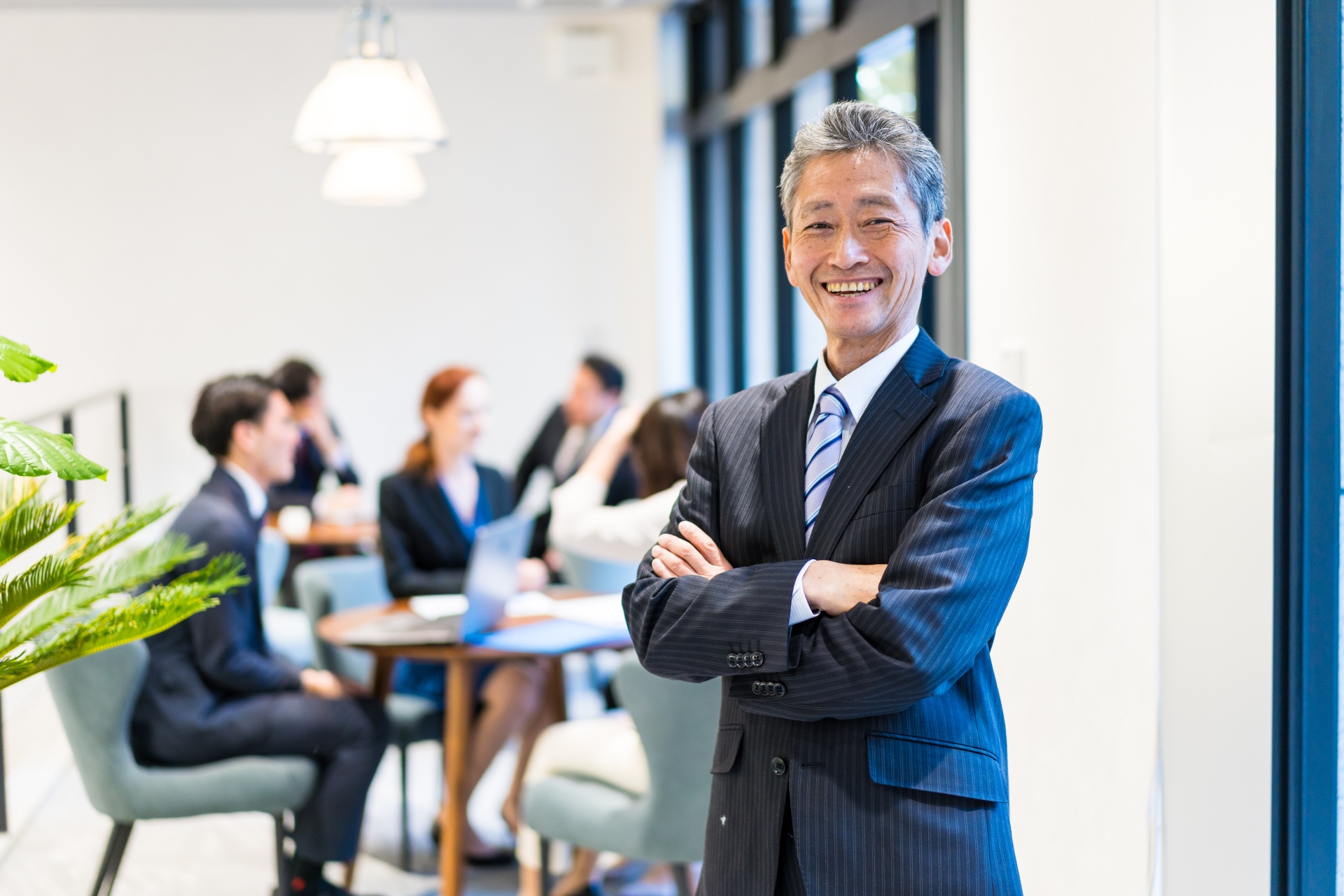Not only stoic effort, but also surrendering to temporary pleasures is important for happiness, according to the study.

It is generally believed that maintaining self-control to achieve life’s long-term goals, refraining from binge drinking and work-related learning can increase one’s happiness in life. However, researchers from the University of Zurich in Switzerland and Radboud University in the Netherlands have found that “surrendering to hedonism is also important for happiness.
Beyond Self-Control: Mechanisms of Hedonic Goal Pursuit and Its Relevance for Well-Being – Katharina Bernecker, Daniela Becker, 2020
https://journals.sagepub.com/doi/10.1177/0146167220941998
UZH – Hedonism Leads to Happiness
https://www.media.uzh.ch/en/Press-Releases/2020/Hedonism.html
Because many people associate setting long-term goals and striving to achieve them with happiness in life, there has been a great deal of research on how to achieve goals efficiently. At the same time, however, there has been little reflection on the premise that prioritizing long-term goals over temporary pleasures and skillfully controlling oneself and exercising self-control can lead to a happy life.
Katharina Bernecker, who studies the psychology of motivation at the University of Zurich, says, “Now is the time for a rethink. Self-control is important, of course, but research on self-control should pay as much attention to hedonism and short-term pleasure,” she noted. So, in collaboration with Daniela Becker of Radboud University, they conducted a study on the effects of hedonism on happiness.
The two developed a questionnaire measuring “the ability to enjoy temporary pleasures and joys. They analyzed how respondents differed in their ability to pursue temporary pleasures in different situations and whether the ability to enjoy temporary pleasures without engaging in activities to achieve long-term goals was associated with happiness in life.
The results of the survey revealed that certain people tend to think about “things they should be doing” when they are relaxing or playing regardless of achieving their long-term goals. Although these people are enthusiastic about achieving their long-term goals, Bernecker noted that “thinking about contradictions related to long-term goals undermines the effectiveness of relaxation,” and the problem is that they do not relax enough when they are relaxed.
On the other hand, those who were able to let themselves enjoy temporary pleasures without thinking about long-term goals while relaxing tended to have a higher level of happiness in life overall. Those with a greater ability to enjoy temporary pleasures were less likely to suffer from depression and anxiety, among other things.
Bernecker pointed out that there is no contradiction between achieving long-term goals and indulging in temporary pleasures, arguing that it is important to strike the right balance between the two in order to achieve happiness and health. Until now, relaxing on the couch or having a drink with friends has been considered a hedonistic act, as opposed to restraint. In reality, however, many people are not able to relax fully because they are interrupted by a variety of thoughts, including “to-dos,” and enjoying temporary pleasures is not always easy, Bernecker said.
The pandemic of the new coronavirus has caused many jobs to switch to telecommuting, so many people have found that their “place to relax” and their “place to work” overlap. In these cases, the “ability to enjoy temporary pleasures to the fullest” is becoming more important, as thoughts about the “work to be done” are likely to intrude even while relaxing, making it more difficult to relax fully, according to the report.







